The responsible seafood movement that began with a focus on lessening the environmental impacts of seafood production is now widely recognizing that this work is ineffective if it does not center equity and the rights of all people involved in production. How does a global Alliance strike a balance between remaining focused on long-term goals while staying responsive to a rapidly changing world? For the Conservation Alliance for Seafood Solutions (the Alliance), the secret is in its people: a diverse group of passionate, trusted changemakers that represent where the movement is today and know to look ahead to where it must go tomorrow.
The Alliance convenes a global community of partners collaborating to protect our ocean and the people who depend on it. For nearly 15 years, the Alliance has leveraged its network of people who are committed to building better solutions for seafood. Tackling the movement’s biggest challenges begins with assembling the right team. This month, as the ever-evolving Alliance Global Hub reaches 120 groups and a new Alliance Board takes form to help lead the way, the Alliance is poised for big impact.
Selected from a pool of highly qualified candidates, the Alliance Board welcomes Dr. Yemi Oloruntuyi, Head of Social Policy at the Marine Stewardship Council, and Francisco Blaha, an Independent Senior Fisheries Advisor for governments, NGOs, technology providers, and industry groups around the world. Yemi and Francisco both bring a diversity of knowledge and experience to the Alliance Board, including monitoring and compliance, small-scale fisheries development, fisher labor rights, and social responsibility. In a critical moment in the responsible seafood movement where many are recognizing that, since the ocean is a critical source of nutrition and livelihoods, ocean health cannot exist without human wellbeing, the Alliance is proud to bring such expertise to its board.
Beyond the update in expertise and experience on the Alliance Board, the Global Hub, a community of partners the Alliance convenes from around the world, has more than tripled in size over the last year. This expansion means that more voices from across the movement are being heard than ever before. 120 NGOs, seafood companies, coalitions, academics, and other experts now gather together in the Global Hub to share knowledge and identify collaborative opportunities and represent regions in Africa, Asia, Europe, North America, Oceania, and South America.
Currently, colleagues from the Global Hub are collaborating on projects that build alignment and clarity for people working to improve responsibility in seafood production. The ongoing work to revise the Alliance Guidelines for Supporting Fishery Improvement Projects is soliciting feedback in Bahasa, English, and Spanish, and is set to wrap with a new document launched in multiple languages later this year. And, a Community Map, also launching later in 2022, is being developed in partnership with Seafood 2030. This project will visualize who from the movement is working on what and where, to make it easier to understand where additional efforts are needed and more impact can be realized through alignment and collaboration.
The problems for which the responsible seafood movement seeks solutions are not easy ones. Those working to design pathways forward face many challenges, but do so with creativity and passion. When those people are brought together to leverage the power of collective action with equity at the forefront, there is no limit to the size of waves they will make.
